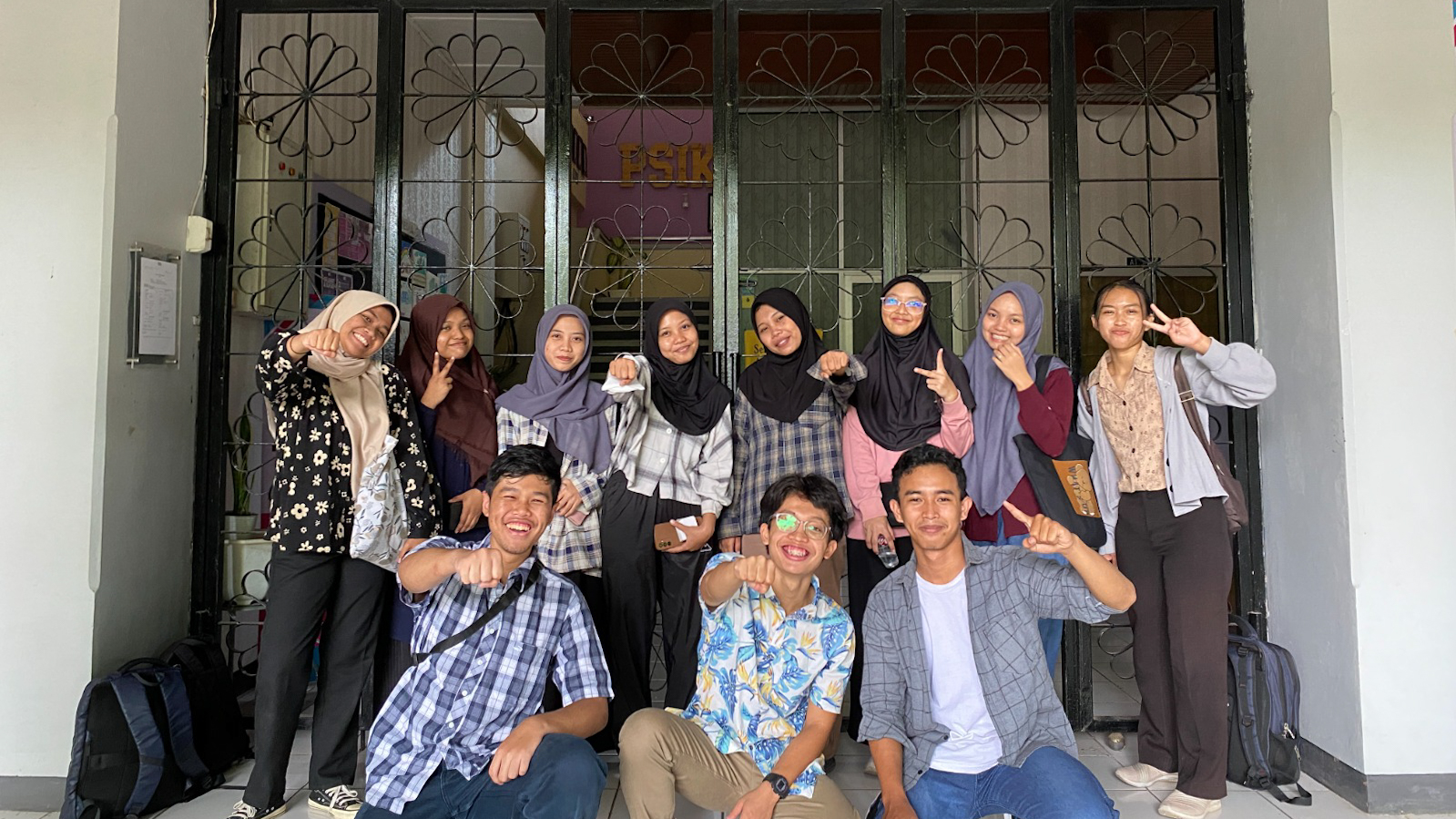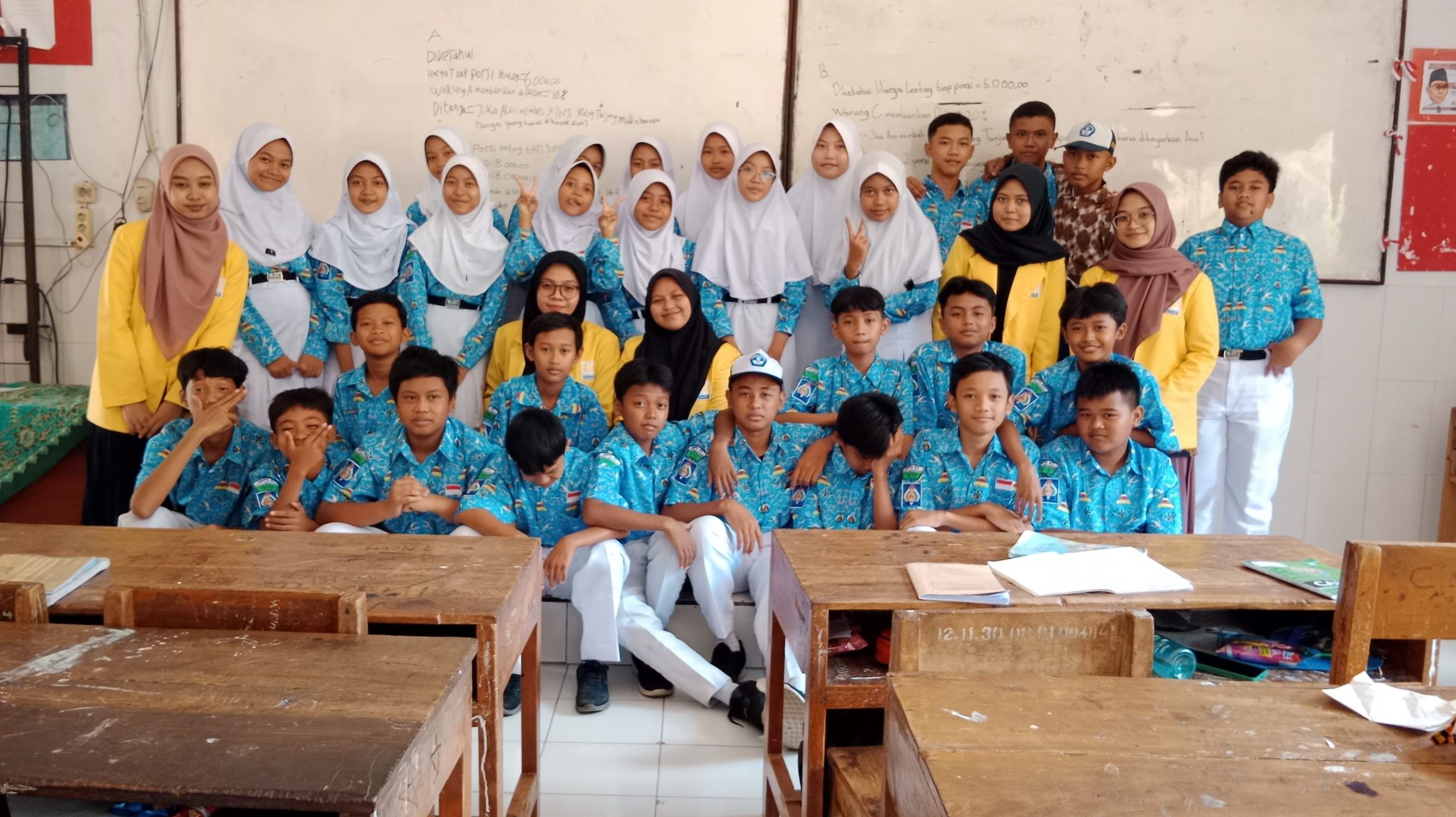Memiliki berat badan seimbang adalah idaman bagi semua orang. Berat badan seimbang dapat diperoleh dengan menjaga pola makan dan melakukan aktivitas fisik yang teratur. Tanpa melakukannya banyak hal negatif akan terjadi, salah satunya adalah obesitas atau penumpukan lemak yang menimbulkan penyakit seperti jantung, hipertensi dan diabetes.
Salah satu penyebab obesitas adalah kurangnya melakukan aktivitas fisik. Menurut riset dari Universitas Standford, Indonesia adalah negara paling malas di dunia. Rata-rata jumlah langkah kaki penduduk Indonesia hanya 3.513, terpaut jauh dengan negara tetangga Singapura yang jumlah langkah kakinya 5.675 sehari.
Kekhawatiran ini membuat Tim PKM-RSH Universitas Negeri Semarang (UNNES) mencoba menaikkan aktivitas fisik dengan berjalan kaki untuk menurunkan tingkat obesitas melalui teknik bernama “Nudging”.
Nudging merupakan teknik pengubahan perilaku yang dilakukan secara halus, tidak bersifat memaksa atau mengatur, melainkan memberikan kebebasan kepada target perubahan perilaku untuk mengambil keputusan sendiri atas perilakunya.
Terdapat beberapa jenis nudging, diantaranya cognitive dan behavioural nudging. Cognitive nudging ini berfokus untuk intervensi dengan melibatkan proses kognitif. Sedangkan behavioural nudging berfokus pada intervensi yang lebih pada penerapan perilaku secara langsung.
Tim ini dipimpin oleh Nurharianto Jayadi (Psikologi) serta 4 anggota lain yakni Maulina Istighfaroh (Kesehatan Masyarakat), Wulan Fitriana (Psikologi), Dani Ahmad Bagusta Rustanto (Psikologi), dan Muhammad Ikhsan Asya’bani (Psikologi). Mereka dibimbing oleh Anna Undarwati, S.Psi., M.A., Ph.D. .
Tim yang dinamai Towards a Healthy Life (WARDLIFE) ini juga telah berhasil lolos tahap pendanaan Program Kreativitas Mahasiswa tahun 2023 di cabang lomba Riset Sosial Humaniora (PKM-RSH) dengan membawakan judul penelitian “Cognitive vs Behavioral Nudging: Uji Efektivitas Program Peningkatan Perilaku Jalan Kaki Berbasis Nudging Sebagai Upaya Mencegah Obesitas”
Tim WARDLIFE berharap kedepan hasil dari penelitiannya mampu berkontribusi dalam dinamika kesehatan di Indonesia dan menurunkan tingkat obesitas melalui peningkatan jalan kaki.




